What is Domestic Violence?
DOMESTIC VIOLENCE IS ABOUT POWER AND CONTROL.
Domestic violence is an escalating pattern of abuse in which one partner in an intimate relationship controls the other through force, intimidation, or the threat of violence.
It is more than physical assaults. Abusers may use a combination of tactics to gain or maintain control in a relationship. Domestic violence can include sexual, spiritual, verbal, emotional, psychological, and physical abuse. Abusers also use threats of harm, isolation, privilege, jealousy, finances, children, and systems—such as Welfare, Immigration, or Child Protective Services—to exert power over their victims. Stalking is also a form of domestic violence.
One type of abuse, economic abuse, occurs in 98% of abusive relationships, and can strip away financial stability and options regardless of a survivor’s socioeconomic background, impeding safety. Economic dependency is the strongest predictor of a survivor’s decision to remain with or return to an abusive partner.
YOU ARE NOT RESPONSIBLE FOR THE ABUSE
Batterers often blame their abusive behavior on drugs or alcohol, stress, childhood abuse, or their partner. If your partner’s behavior makes you feel unsafe, you are not to blame. If you have experienced abuse, you may have feelings of isolation, fear, shame, and hopelessness. That’s normal and okay. You are not responsible for someone else’s violence.
It is a crime if someone physically hurts or threatens you. No one has the right to hurt you, even if that person is a spouse, partner, or family member.
YOU ARE NOT ALONE
While every relationship has its own unique rhythm and patterns, most victims experience domestic violence in a cycle of three repeating phases that escalate over time: the tension-building phase, the explosion phase or acute battering incident, and the hearts and flowers phase. During the tension-building phase, you may feel like you are “walking on eggshells,” like you need to calm and placate your partner to try to prevent an explosion. When this tension becomes too extreme, the control or violence escalates into an explosive release of tension, called an acute battering incident. Finally, the hearts and flowers phase can bring apologies, promises, gifts, and efforts to repair and strengthen the relationship. This phase can feel hopeful, like your partner will change and the relationship will get better. Over time, the kindness and apologies of the hearts and flowers phase often disappear as abuse escalates. If you are a victim or survivor of abuse, you are not alone.
